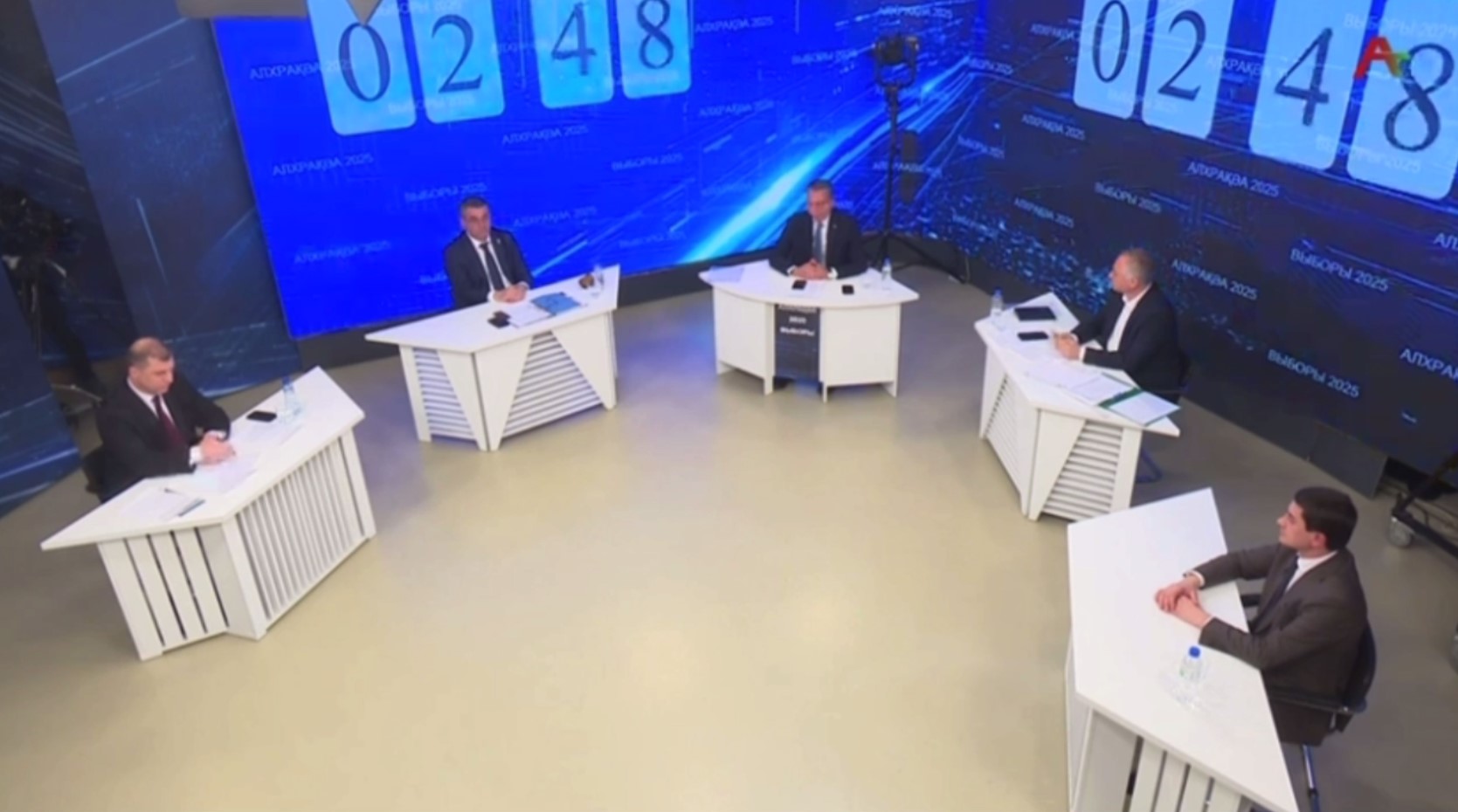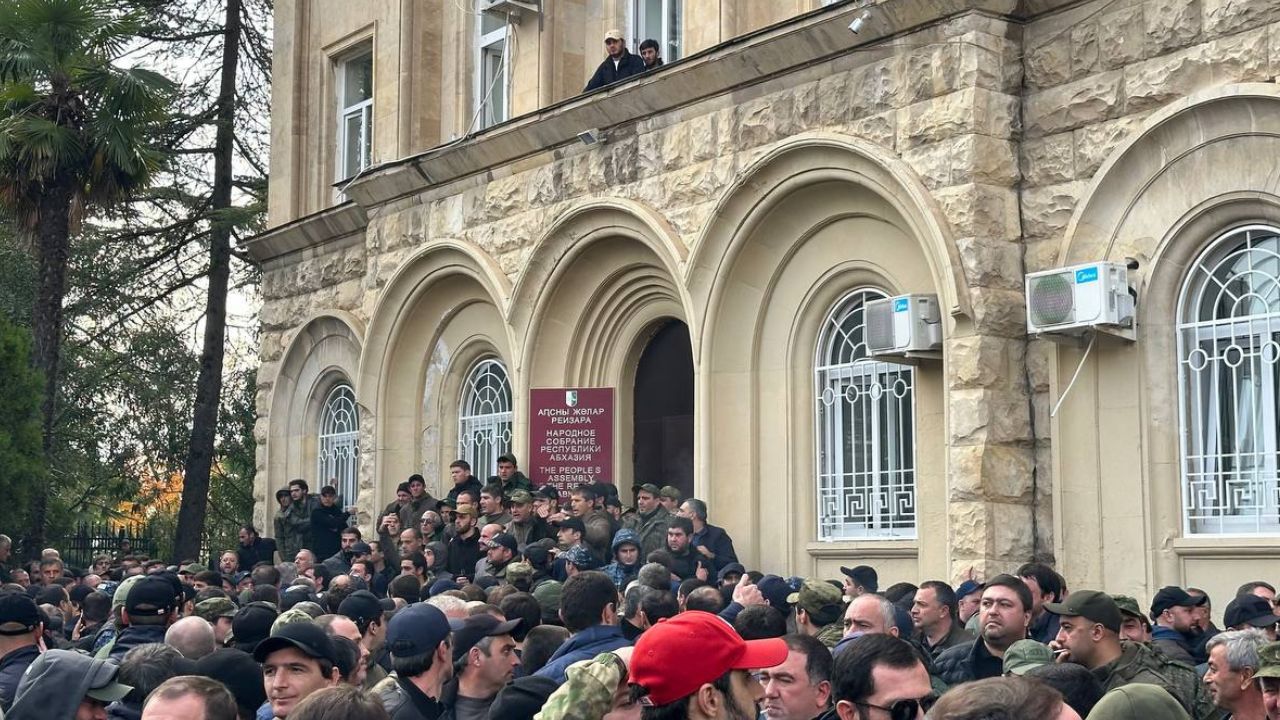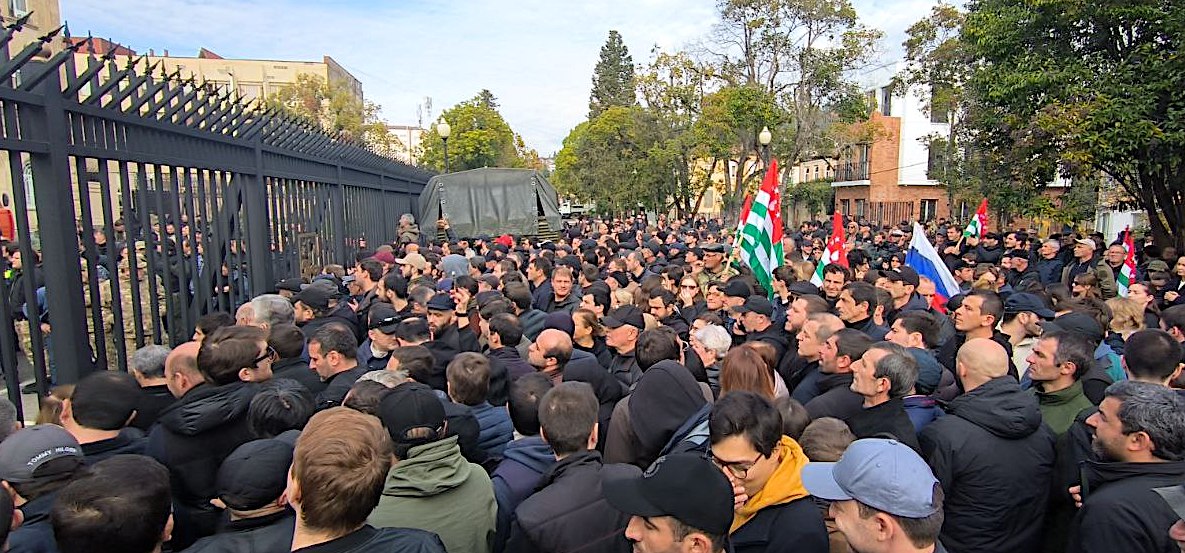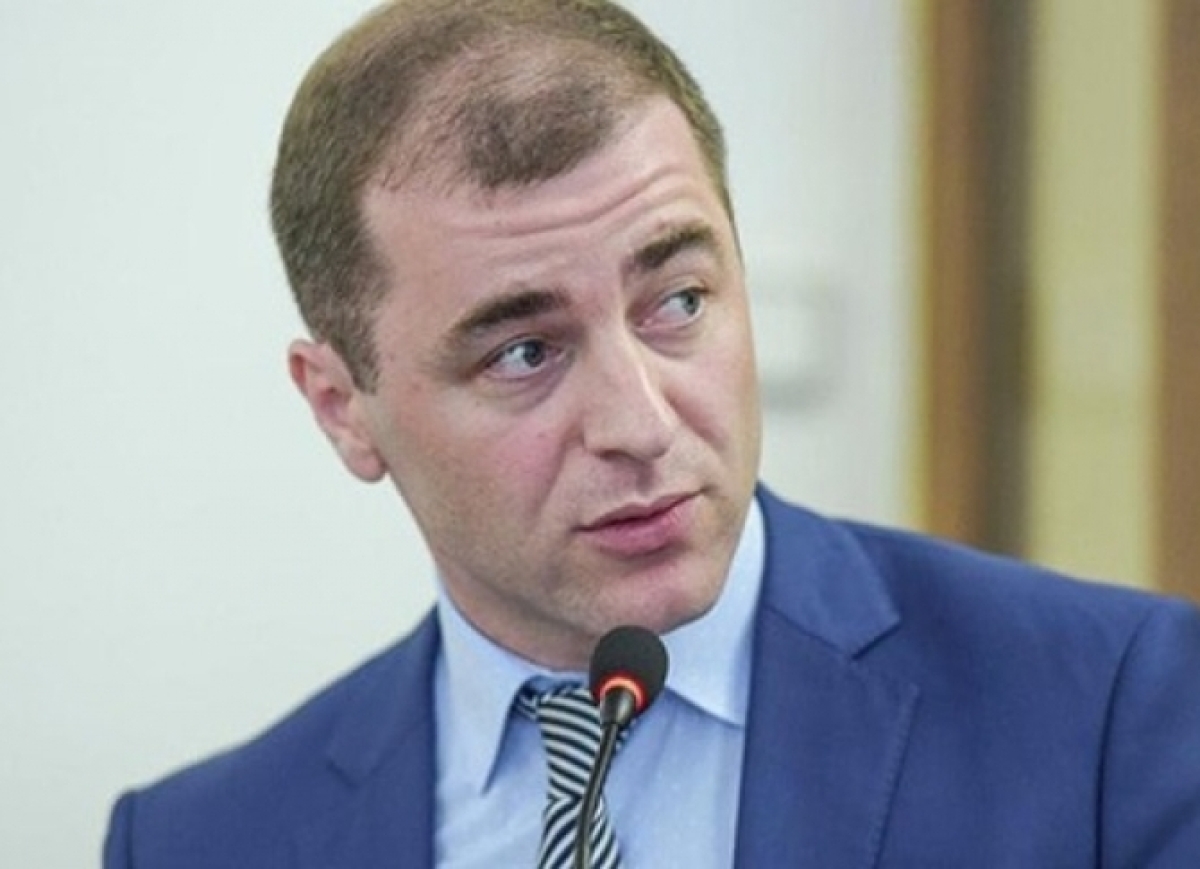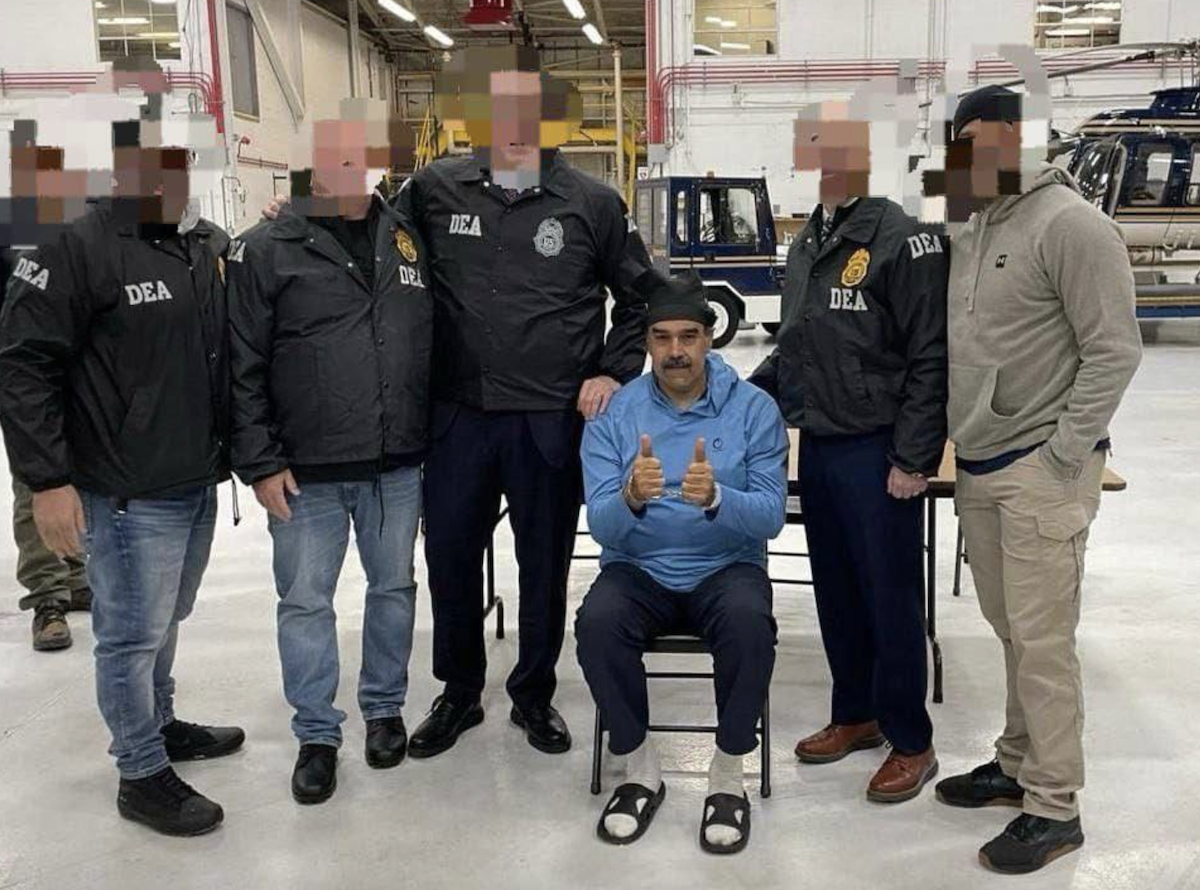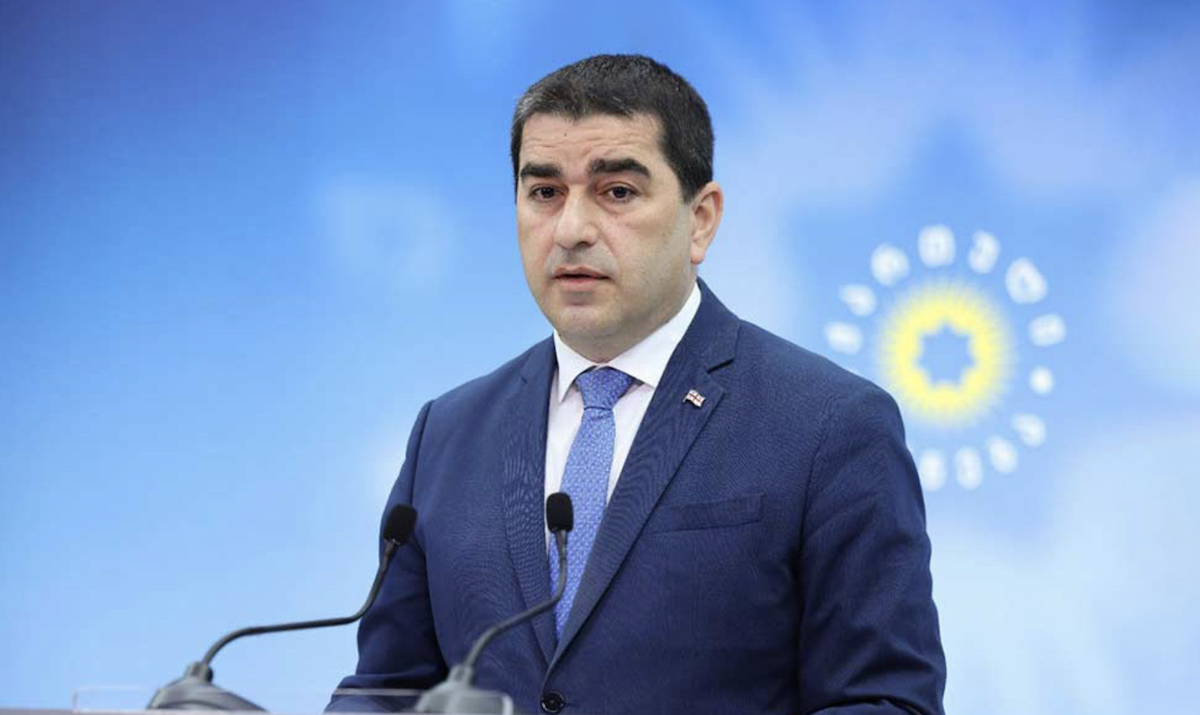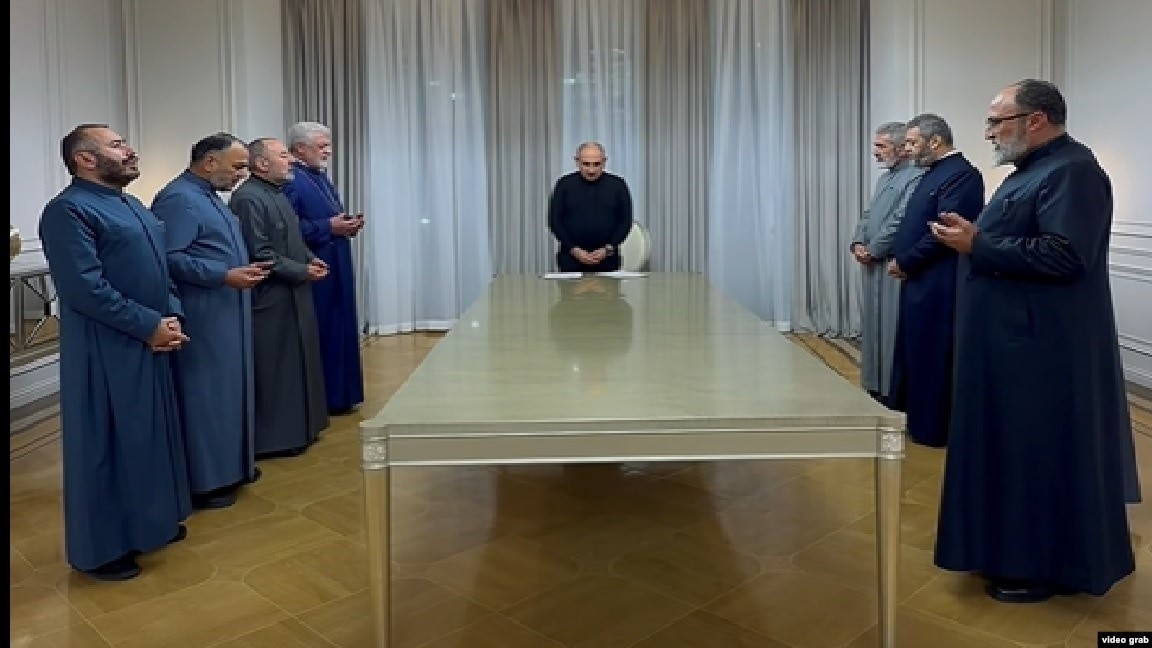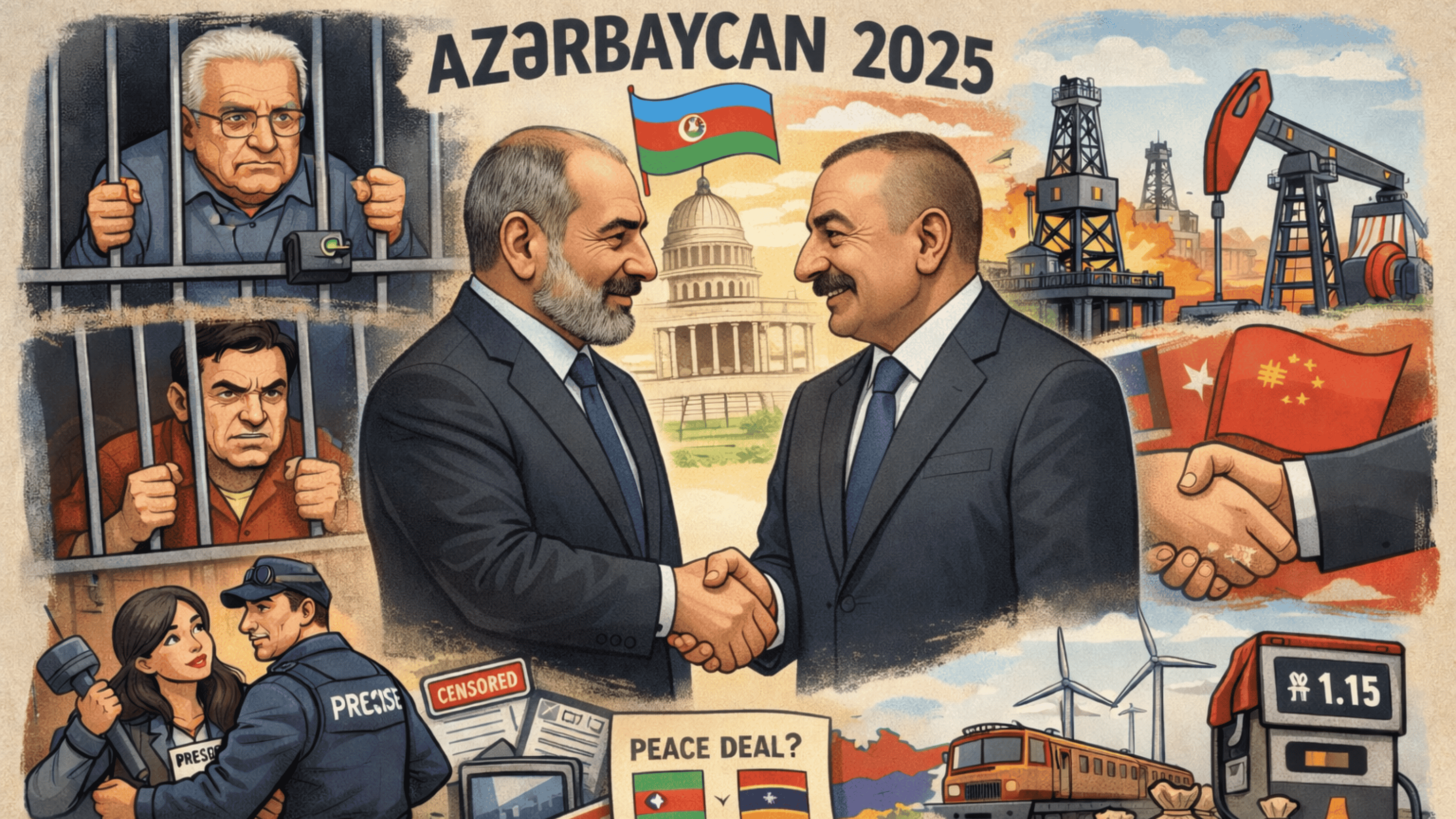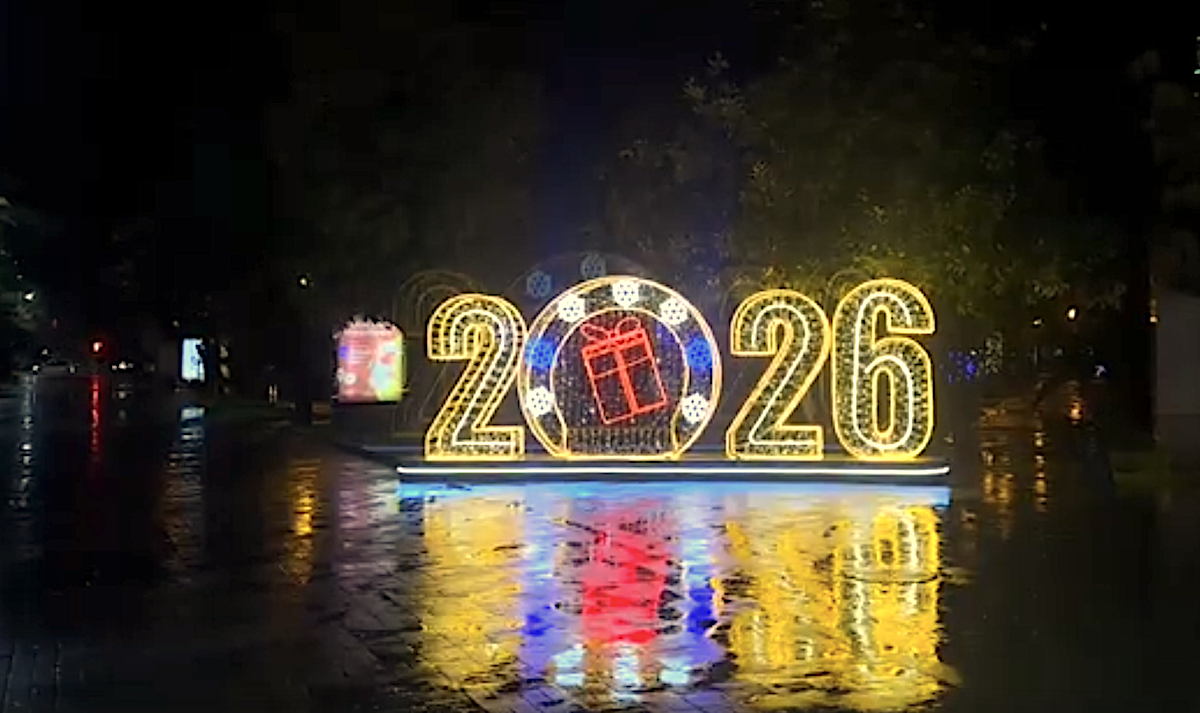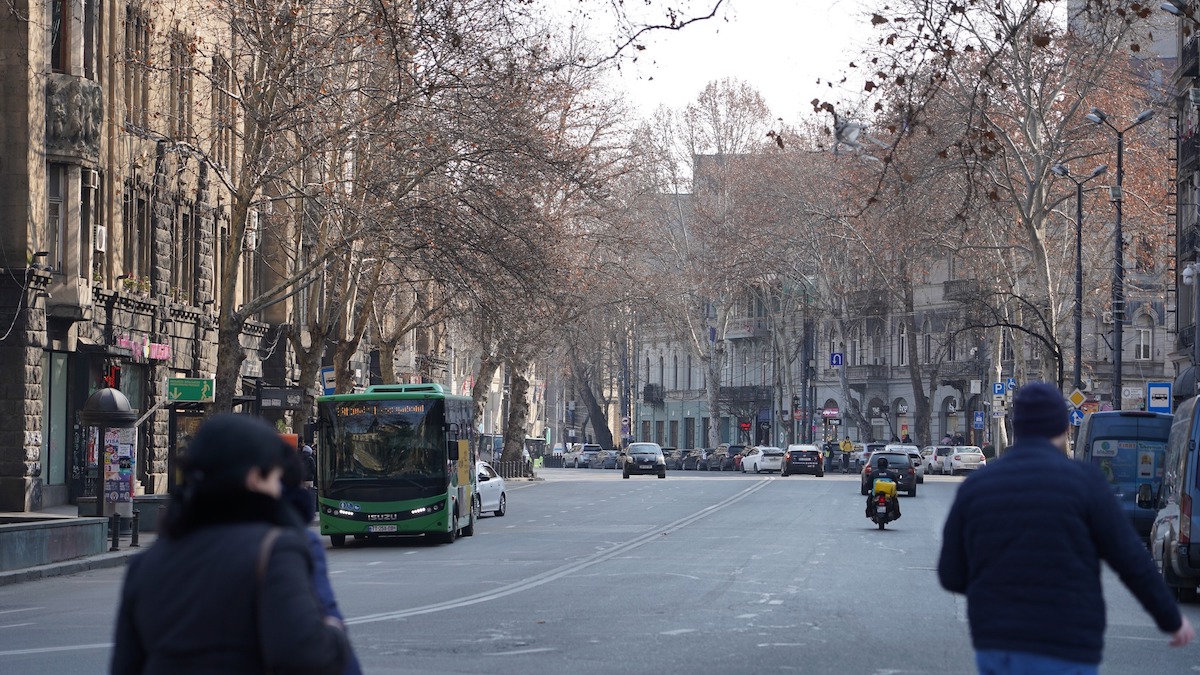Snap elections in Abkhazia - what are each candidate’s chances and challenges facing new president?
Who will win Abkhazia’s snap elections
Tomorrow, on 15 February, Abkhazia will hold early presidential elections. The fight for the republic’s top post will take place between five candidates. Here’s who they are, their chances, and the challenges awaiting the newly elected president.
Two rival favourites, ‘third force,’ and outsider
The main frontrunners in the presidential race are Vice President Badra Gunba and opposition leader Adgur Ardzinba.
Gunba represents the team of former President Aslan Bzhania, who was removed from office in November 2024. In his campaign, Gunba actively portrays himself as Russia’s closest ally and indeed enjoys strong Kremlin support.
Adgur Ardzinba has significantly boosted his ratings by leading the coup that resulted in the ousting of Aslan Bzhania. He presents himself as the successor to the legacy of Abkhazia’s first president and his namesake, Vladislav Ardzinba.
If Gunba and Ardzinba represent two irreconcilable political camps that have alternated in power for the past twenty years, the other two presidential candidates in this election—former Abkhazian trade representative in Russia Oleg Bartsits and ex-head of the republic’s Audit Chamber Robert Arshba—position themselves as a “third force.” Given the public’s growing fatigue with the ongoing struggle between the two dominant and perpetually feuding political groups, both Bartsits and Arshba have a realistic chance of making it to the second round.
The fifth contender in the race, banker Adgur Khurkhumal, is a wildcard and a clear outsider. Few people know him, he lacks a clear programme, and his chances of winning the presidency are virtually nonexistent.
Burden of power
The newly elected president of Abkhazia will face two major challenges.
The first issue is the urgent need for constitutional reform. The current model of strong presidential authority no longer fits the existing political landscape and repeatedly leads to internal crises.
The lack of balance between the executive and legislative branches has already resulted in three previous presidents—Aleksandr Ankvab, Raul Khadjimba, and Aslan Bzhania—losing their grip on political realities and failing to respond adequately to unfolding events, ultimately forcing them to resign prematurely.
Now, every candidate acknowledges the necessity of a significant redistribution of power between the president and parliament. It is highly likely that the new president will have to reduce their own authority to avoid the fate of their predecessors.
The second challenge is managing relations with Moscow. Russia is effectively Abkhazia’s only ally, its security guarantor, and its main trade and economic partner. Moreover, 40% of Abkhazia’s budget revenue comes from Russian subsidies.
Naturally, Russia has its own interests in Abkhazia, primarily linked to its economic potential.
It was precisely this economic interest—embodied in the Russian-Abkhazian investment agreement—that became the focal point of the current political crisis, ultimately leading to the coup and the resignation of Aslan Bzhania.
In an effort to appease Moscow, Bzhania pushed hard to pass the investment deal, which the Abkhazian opposition and a significant part of society saw not just as disadvantageous but as a direct threat to the country’s future.
Now, after everything that has happened, the Kremlin seems to acknowledge that the agreement was unbalanced and offered overly generous benefits to Russian investors. Through its new overseer for Abkhazia, Sergey Kiriyenko, Russia has stated that the revised agreement will take into account the interests of Abkhazian businesses and citizens.
Nevertheless, the new president of Abkhazia will still face the difficult task of finding the right balance in relations with Moscow—maintaining friendly and cooperative ties while safeguarding the republic’s interests.
Although Moscow is openly backing just one candidate, Badra Gunba, it will cooperate with the new president regardless of the election outcome. Even with Adgur Ardzinba, whom Russian media have labelled a “pro-Turkish” politician and whose reputation they have actively sought to undermine.
At this stage, the overwhelming majority of experts predict that the first round of voting will not produce a winner, as it is unlikely that any candidate will secure the required 50% +1 votes.
As a result, the winner of the race will most likely be determined in the second round, which is set to take place two weeks after the first.
The views, place names, opinions, and ideas expressed in this publication do not necessarily reflect the views and ideas of JAMnews or its individual employees. JAMnews reserves the right to remove comments on publications that are deemed offensive, threatening, incite violence, or ethically unacceptable for other reasons.











